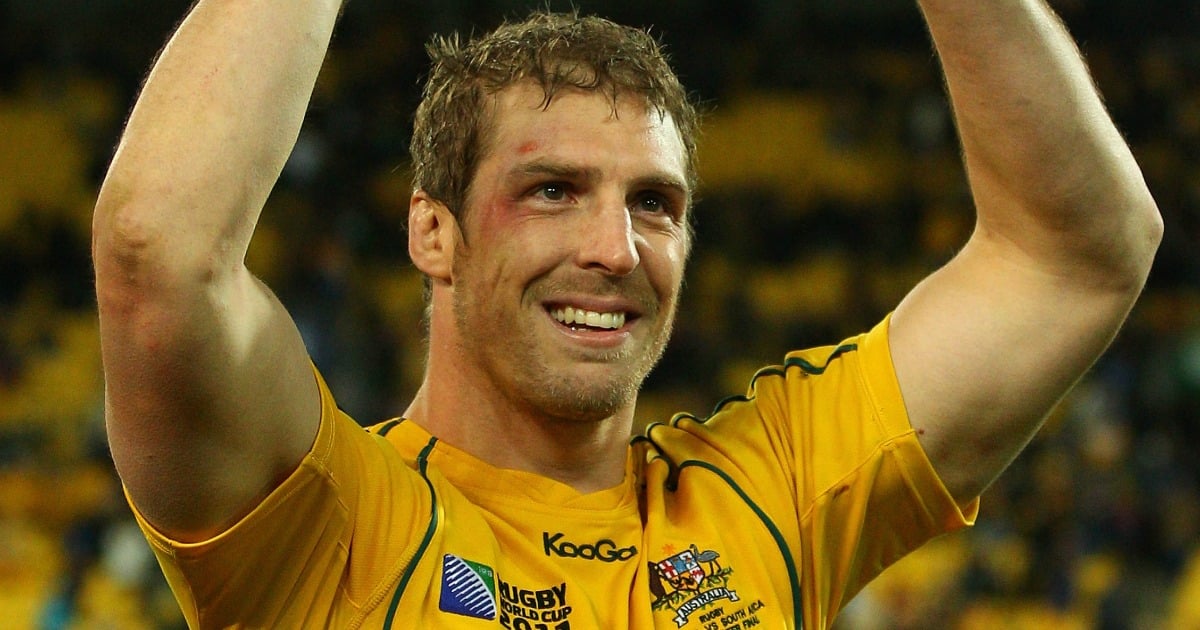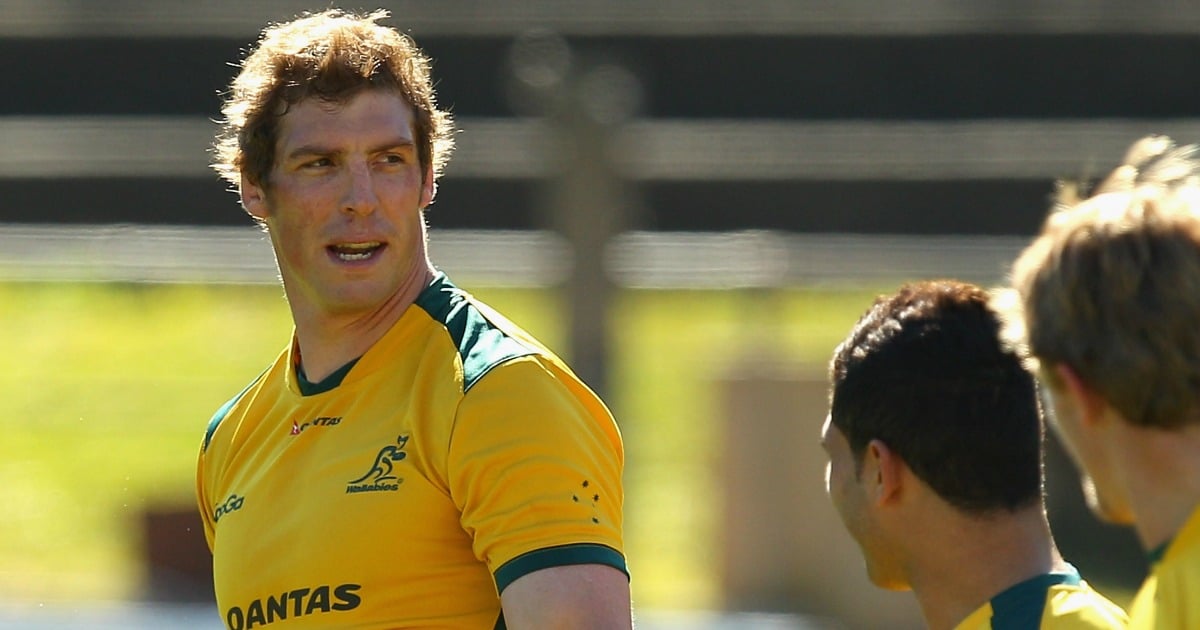Former sporting legends falling from their public grace is nothing new. For as long as there have been cheering crowds and cheaply-made merchandise, there have been reports of drunken brawls and family fallouts broadcast for the world to see.
But after the tragic passing of Dan Vickerman on Saturday, and the public play-out of Grant Hackett’s health battle last week, I’ve been riddled with questions about how and why this keeps on happening.
“Another sporting star that failed to transition properly,” I overheard one woman tell her friend during her morning commute this week.
“They just don’t know what to do with themselves when it’s all over,” her friend agreed in reply.



